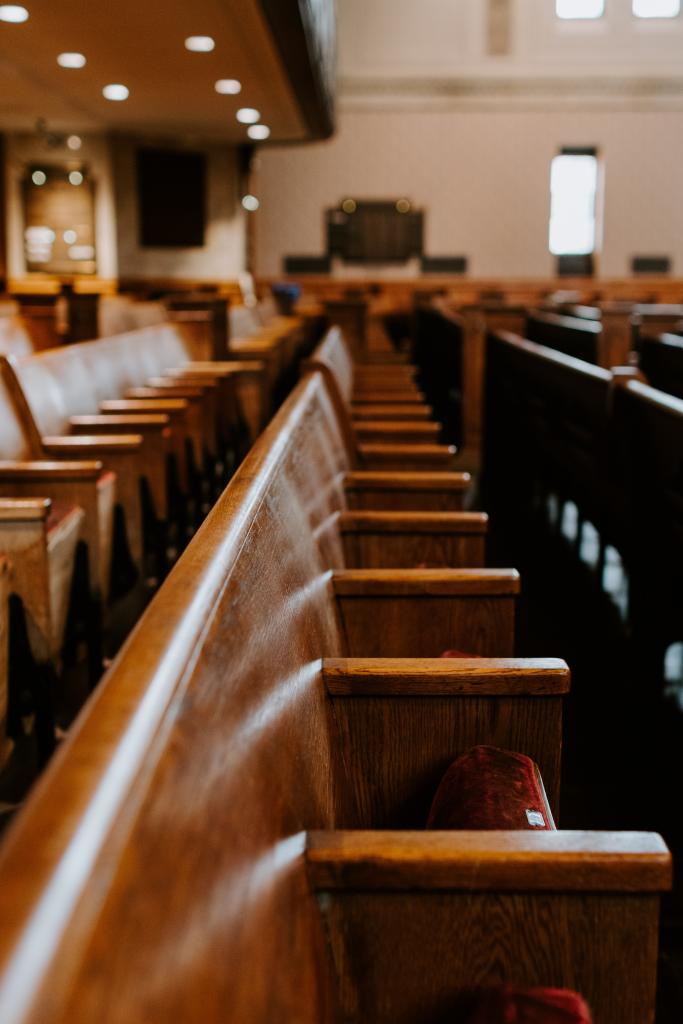Not long ago, we all believed that Covid would be a short-lived phenomenon. We can all remember a time when we hoped to “beat the curve.” We would avoid overloading our emergency rooms, emerge on the other side, and move on.
Most of us opted to stay at home and distance, thinking that the impact on people who couldn’t work from home would amount to a matter of days. No one was thinking about variants. And no one – including clergy – gave a thought to temporarily leaving people on their own to navigate illness, let alone the possibility that people might die alone.
But, here we are, well on our way through the Greek alphabet, dealing with variations on this wretched virus that may not be as severe, but which end-run vaccinations and boosters.
What have we learned about ministry? Primarily things that we knew all along, but found it hard to remember:
One: There is no ideal time for ministry, just the day ahead of us.
I don’t want to underestimate the strain that clergy are under. But getting clear about the challenges we face involves shedding romantic, unrealistic expectations. One of the most corrosive expectations is the one that leads us to believe that there is an ideal time to be a leader, or that we somehow deserve or need an ideal set of circumstances.
There is no such thing. There is no ideal time for ministry. There is only the day ahead. Waiting for a different set of circumstances or allowing ourselves to think that we deserved better times is a debilitating habit.
Two: If you aren’t in active mission, you are dying.
Let’s say you are willing to confront the realities of ministry in the pandemic world, but after you look at the realities, your first reaction is to run and hide. You aren’t alone.
That message is everywhere across the church. Leaders everywhere are using language to suggest that we withdraw and wait. At the opposite end of the risk-management spectrum is a lunatic fringe that has ignored the seriousness of the pandemic.
But bluster and withdrawal are two, equally seductive and unworkable extremes. Each response is more deeply enthralled to the culture than is experience of God, mirror images of what Tracey Rowland calls “Bourgeois Christianity”.
Bluster tests God and ignores the gifts that God has given us in the available therapies and treatments that modern medicine has developed. It is rooted in magical understandings of the Christian faith, and it inspires cheap, exhibitionist behavior.
Withdrawal, on the other hand, is simply another bourgeois version of the Christian faith, more enthralled to civic voices, than the logic of its own faith. That, too, has never served the church well, whether one thinks of the church in Nazi Germany, some parts of the church during the Civil Rights Movement or the church’s sometimes flawed response to the AIDS crisis.
The church is what it should be when it finds a way to respond faithfully in the face of complex moral and spiritual demands, allows its relationship with God in Christ to shape its behavior, and can articulate the difference that its relationship with God makes to the way in which it lives.
Three: Don’t underestimate the importance of human contact.
The importance of human contact and – more specifically – incarnational ministry has been easy to misplace. We instinctively prioritized health concerns over spiritual concerns. At long last, healthcare leaders are acknowledging that isolation has its own devastating cost.
Not enough of us pushed back against the fundamentally materialist assumptions that made that move acceptable. And Christians should have been able to articulate these needs at the outset.
Four: Leave no one behind.
Ministry has always been about reaching people on the margins of our communities. Covid-19 has put a larger number of people in that place. Age, comorbidities, family demographics, and personal histories are all factors.
The demand for pastoral care and the challenges in providing it have grown in the wake of the pandemic. They have not diminished.
Rooted in the millennia-old definition of the church as the body of Christ, our faith teaches us that relationship and in-dwelling are essential to our existence. So, the effort to draw people into relationship with one another should be seen as basic to what we are as a church.












